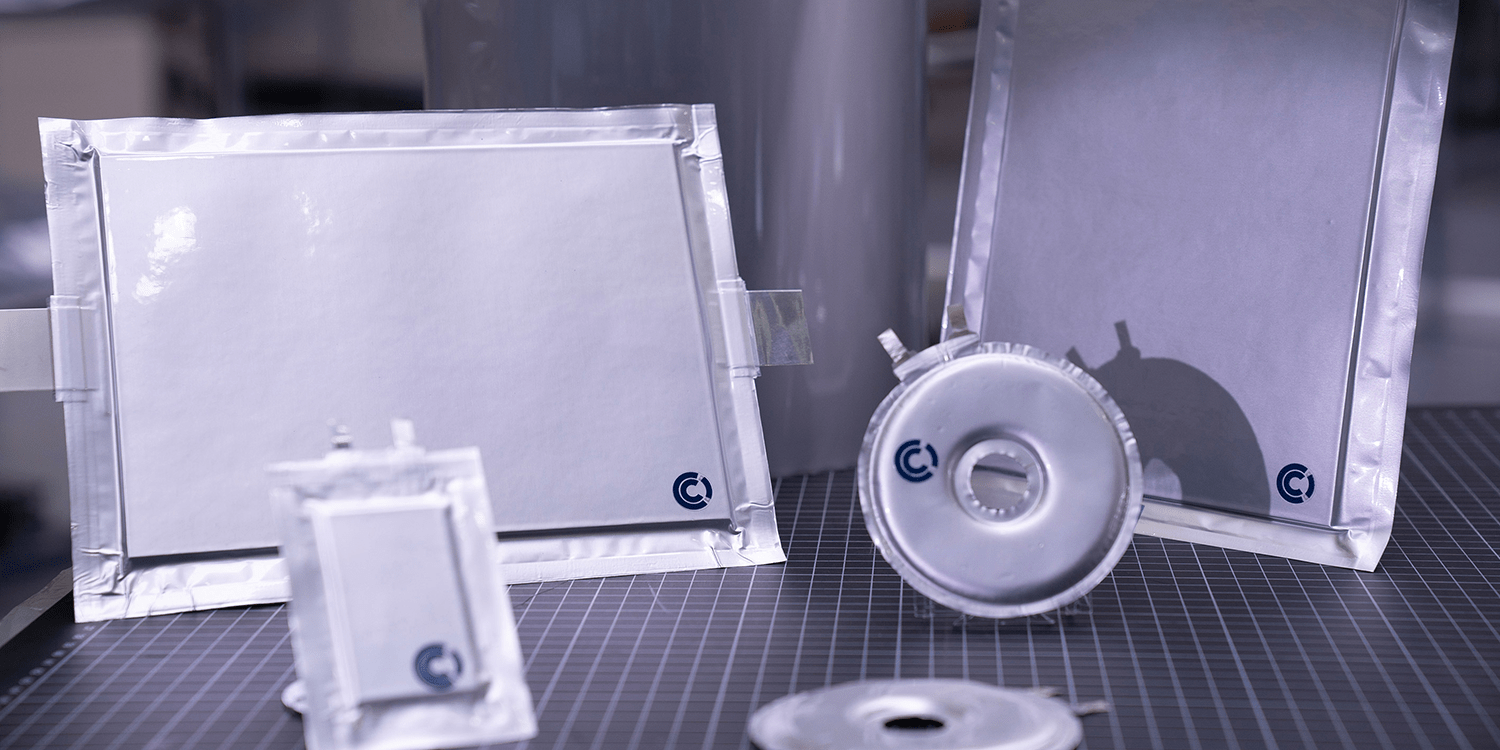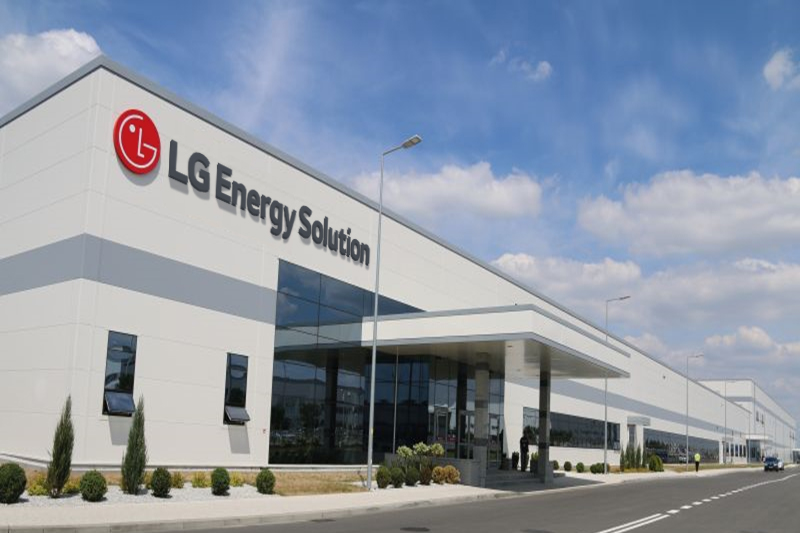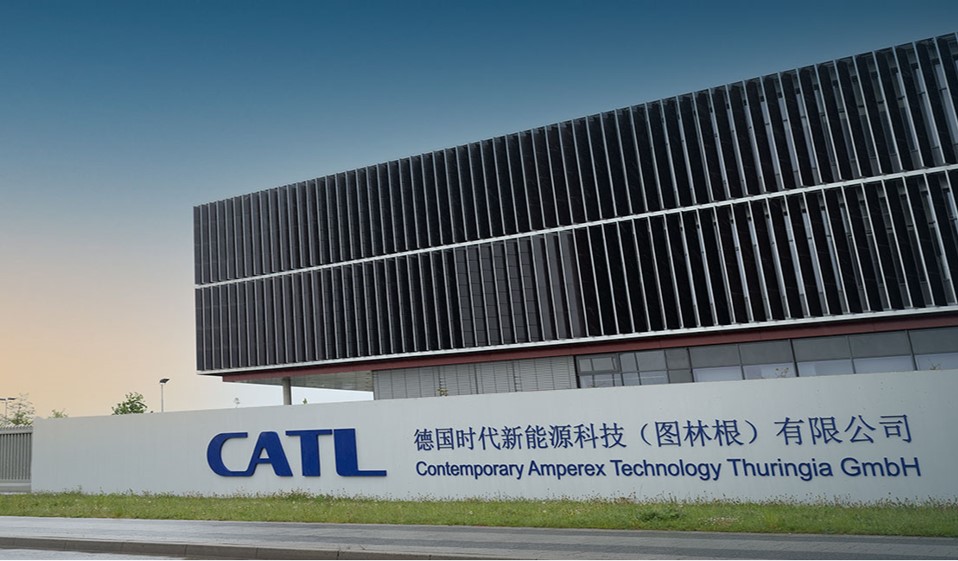Sila, a California-based EV battery materials startup, has announced that its range-boosting silicon-based anodes, “Titan Silicon,” are now commercially available after beginning mass production. The new battery material is expected to make its debut in the upcoming Mercedes-Benz EQG G Wagon, making it the first car to feature Titan Silicon.
Silicon anodes have been shown to offer the ability to store 10X more charge than graphite and other metal alloys in the same amount of space, making them an ideal solution for EV batteries. According to estimates from IDTechEx, investments in silicon anodes have soared over the past few years, with over 1.9 billion in cumulative funding.
Sila, a Silicon Valley startup, has attracted a significant portion of the funds. The EV battery materials company says its Titan Silicon is the “first market-proven safe, and clean full graphite anode replacement engineered for mass scale to dramatically boost EV performance.”
In addition, Sila says its Titan Silicon can improve charging performance, charging a battery from 10% to 80% in as little as 20 minutes with plans to reduce it further in future releases. The company claims to have achieved these results without sacrificing cycle life or safety, reducing EV battery weight by up to 15% while saving 20% more space.
Perhaps more importantly, Titan Silicon generates 50% to 75% less CO2 per kWh than graphite during production, further reducing EV’s environmental impact.
Sila aims to produce enough material to power one million EVs in the next five years, beginning with the Mercedes-Benz EQG G Wagon. Mercedes-Benz initially invested in Sila back in 2019, seeking advanced battery material for its future EV lineup. The German automaker advanced the partnership last May, revealing a new supply agreement to use Sila’s NCS for its electric luxury fleet, starting with the Mercedes EQG electric G Wagon.
Chief technology officer and member of the board of management of Mercedes-Benz Group AG, Markus Schäfer, praised Sila’s progress last spring, saying, “Delivering such a high energy density is a true game-changer and allows us to think in completely new directions when developing future electric cars.”
Mercedes said it believes it can utilize the chemistry to store more energy in the same amount of space, therefore delivering an improved range. The electric G wagon is due out by the end of 2024 or 2025, just in time for Sila’s tech to arrive.
The technology behind Titan Silicon is already in-market in the fitness tracker called WHOOP 4.0. Sila is tailoring its high-performance nano-composite silicon for mass production and is expected to become commercially available in the second half of 2024.






